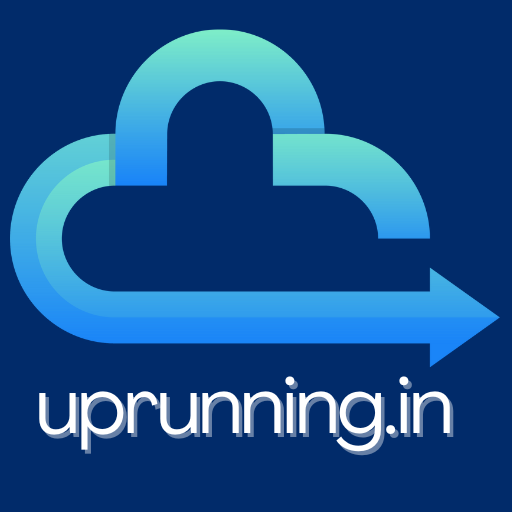In the ever-evolving landscape of cloud computing, Azure Functions stands out as a powerful tool for developers seeking to build scalable, event-driven applications without the burden of infrastructure management. This serverless computing service, offered by Microsoft Azure, allows you to focus on writing code while Azure handles the underlying infrastructure, scaling, and updates. In this blog, we’ll delve into the core features of Azure Functions, explore recent improvements, and highlight what sets it apart from existing solutions.

Introduction to Azure Functions
Azure Functions is designed to execute small pieces of code—known as functions—without requiring server management. These functions can be triggered by a variety of events, including HTTP requests, timers, message queues, and changes in blob storage. This event-driven model makes Azure Functions ideal for tasks like sending notifications, processing IoT data, and automating workflows
Key Features of Azure Functions
- Serverless Architecture: Azure manages the infrastructure, allowing developers to focus solely on their code. This results in reduced operational overhead and scalability benefits.
- Event-Driven Execution: Functions respond to real-time events, enabling responsive applications that react dynamically to changes.
- Scalability: Azure Functions automatically scales based on demand, ensuring efficient resource utilization.
- Pay-as-You-Go Pricing: You only pay for the compute time your code uses, making it cost-effective for applications with variable workloads.
- Integration with Azure Services: Seamless integration with services like Azure Blob Storage, Azure Cosmos DB, and Azure Event Hubs facilitates complex workflows.
- Multi-Language Support: Supports languages such as C#, JavaScript, Python, Java, and PowerShell, offering flexibility in development.
Recent Improvements
- Azure Functions with Python 3.12: As of February 2025, Azure Functions supports Python 3.12, enhancing compatibility and performance for Python developers.
- Azure Database for MySQL Triggers: Introduced in March 2025, this feature allows Azure Functions to be triggered by changes in MySQL tables, enabling real-time data processing and automation workflows.
- Enhanced Integration and Automation: Azure Functions continues to improve its integration capabilities with other Azure services and third-party applications, facilitating complex workflows and DevOps processes.
What Sets Azure Functions Apart
- Flexibility and Versatility: Unlike other serverless platforms, Azure Functions offers extensive support for multiple programming languages and integrates well with a wide range of Azure services.
- Durable Functions: An extension of Azure Functions, Durable Functions allows developers to create stateful workflows in a serverless environment, managing long-running processes and complex coordination patterns.
- Cost Efficiency: The pay-as-you-go pricing model ensures that you only pay for the actual compute time used by your functions, making it highly cost-effective for applications with unpredictable workloads.
Use Cases for Azure Functions
- Data Processing: Automate tasks like data transformation, cleaning, or aggregation from various sources.
- Web API Integration: Create RESTful APIs or webhooks to interact with other web services.
- Event-Driven Automation: Build scripts that respond to events like changes in data or new messages in queues.
- Scheduled Tasks: Run background tasks or jobs on a schedule, such as periodic data cleanup.
Conclusion
Azure Functions is a powerful tool in the serverless computing landscape, offering a flexible and efficient way to handle specific tasks and respond to events without the overhead of managing servers. With recent improvements like support for Python 3.12 and MySQL triggers, Azure Functions continues to evolve, providing developers with more options for building scalable, event-driven applications. Whether you’re automating workflows, processing data, or integrating with other Azure services, Azure Functions is an excellent choice for a wide range of applications and scenarios.
Stay Ahead with Azure Functions:
- Explore Azure Functions Documentation: Dive deeper into the official documentation to learn more about triggers, bindings, and best practices.
- Join Azure Communities: Engage with developers and experts on platforms like Reddit and Stack Overflow to share knowledge and solve challenges.
- Start Building: Begin your journey with Azure Functions today and discover how it can transform your development workflow.
![]()

Leave a Reply